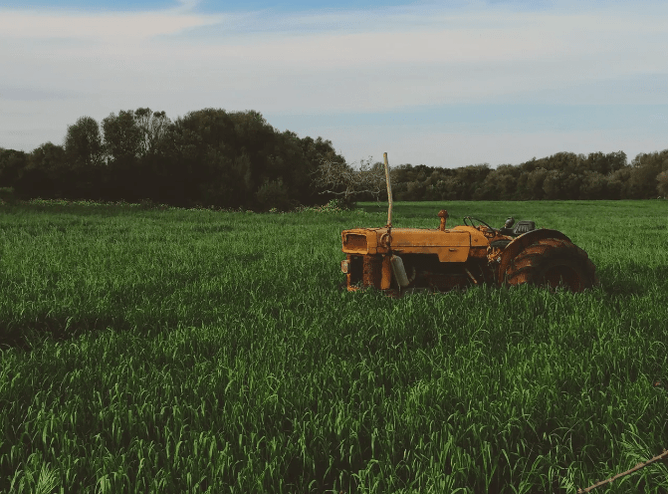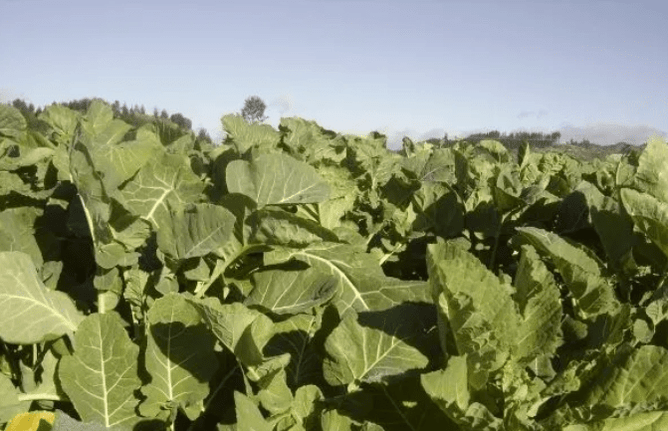WHAT do individuals, businesses, or governments do when they come
to the realisation that methods or regimes they have been following
for 20, 30, or 40 years are wrong? The answer usually is bugger all.
However, when change is necessary for the better and the weight of public opinion forces change there will always be some who are affected adversely.
The larger the perceived harm from change, the greater the resistance. Self-preservation kicks in and the truth is given a hammering until it is barely recognisable and the essential change almost grinds to a halt.
The tobacco industry is a great example. For many years the truth was hidden, pushed aside, and ridiculed. But it finally won out and instead of movie-star status the
smoker and tobacco industry are ostracised and loathed. Change was necessary and it happened. To me, the fertiliser industry has similarities.
For many years fertiliser has gone on New Zealand farms with huge wastage –phosphate locked up and nitrogen and other nutrients lost from the root zone and washed into the waterways, degrading them in the process. Farmers have been blissfully unaware of this for 30 of the past 40 years. However, the truth is starting to get a hearing. How is it we are in this system of huge wastage and inefficiency that creates environmental outcomes completely unacceptable to the NZ public?
We pride ourselves on our grass-based farming system and it is the envy of the world. We know what we are doing – sort of. The delivery of fertiliser from quarries around the world to the back paddock to grow this grass is first class, but the problem lies in what we are putting on and in what sequence.
Dr William Albrecht was a Missouri University soil scientist in the 1950s who recognised the relationship between soil fertility, stock health, and human health.
He worked out the ideal percentage of plant-available elements for the different types of soil. If this balance is achieved in the soil using the correct methodology the production from it increases, is more nutritious, and won’t harm the environment. It sounds very promising, so why aren’t our universities, fertilizer co-ops, or DairyNZ promoting this view? I asked Neil Kinsey, an American soil consultant and ardent supporter of Albrecht, that question. He said when he started he talked to a friend, who said the only way he would get the system recognized would be at grass roots level, with farmers.
His friend had seen big corporations spend $100,000 to cover up a $10 mistake and told Kinsey he would never beat them at that game. And to his credit, Kinsey has spent many years talking to farmers all over the world teaching about Albrecht’s system and his own experiences from his advisory work. He has been to NZ on several occasions and farmers are getting economic and environmental rewards from balancing their soils.
I was talking recently to DairyNZ chairman John Luxton. I said Dairy NZ should promote these views on fertiliser and the reply was “Well we could, after several years of extensive research”. Forty years of research and a system being practised successfully in 70 countries tells me the research has been done.
It is the narrow-mindedness and unwillingness to change of organisations such as his and Ravensdown and Ballance that are perpetuating the huge inefficiencies of fertiliser use in NZ farming. We have had 40 years of a fertiliser regime that is taking us on a collision course with regional councils and environmental watchdogs.
The two big fertiliser companies are so entrenched in their business they are failing their farmer shareholders. The millions being spent on the nutrient budget model of Overseer and other research projects are meant well but are just perpetuating mistakes of the past.
The environmental and economic gains that can be made by regulators and current research will be pitiful in comparison to those that could be made with the adoption of the Albrecht system of supplying what the soil needs in the right order. But in the way is a lot of self-interest, unwillingness to make change, and twisting of the truth. If the weight of public opinion can change the smoking habits of a nation, change in agriculture can be achieved.
The public sentiment bearing down on farmers for their abuse of the environment should be redirected to the fertiliser industry for its 40 years of well-intentioned but incorrect advice. Change is necessary – doing bugger all is not the best option.
Opinion - John O'Connor
THE NZ FARMERS WEEKLY – fwplus.co.nz – August 4, 2014



